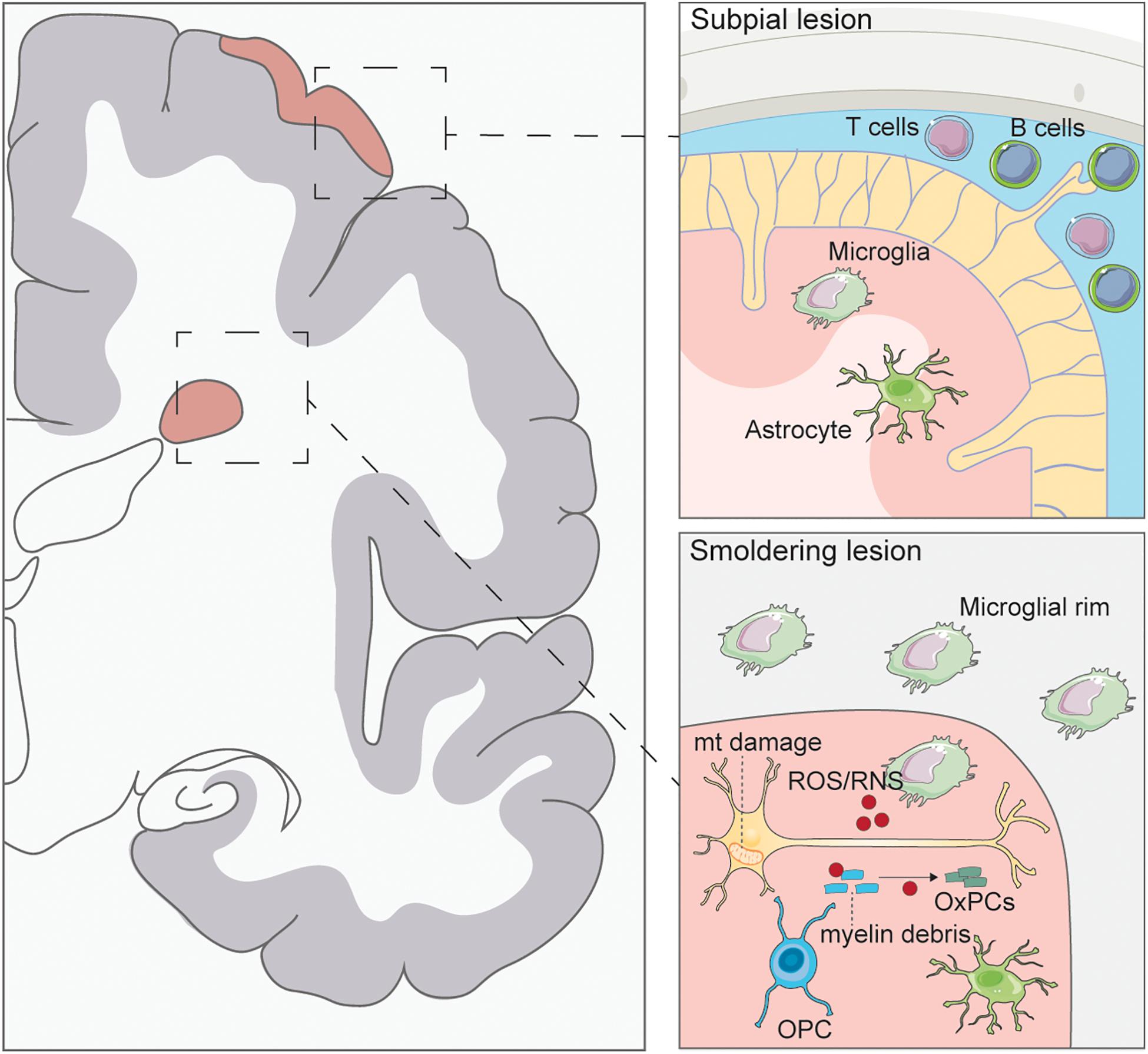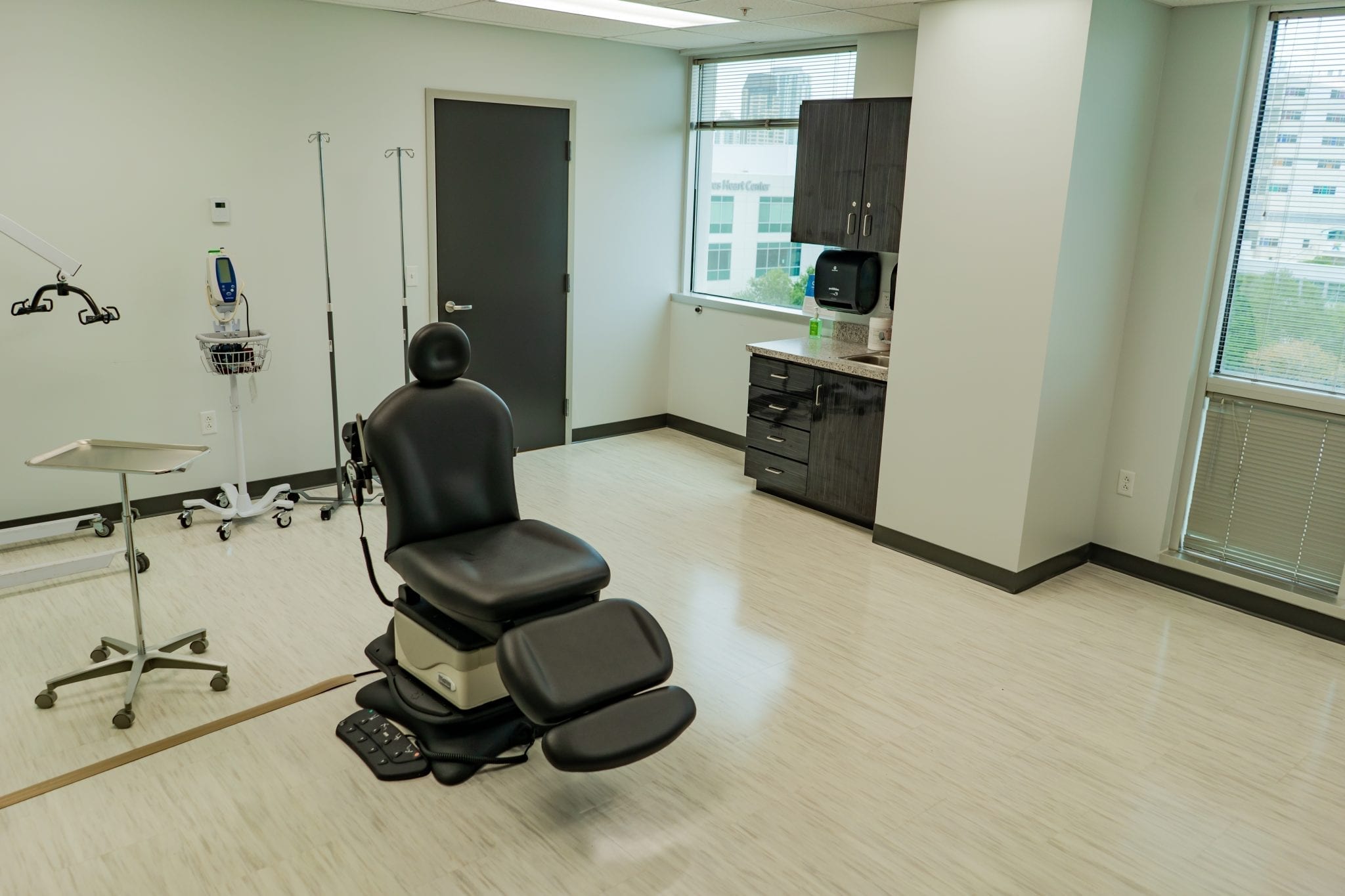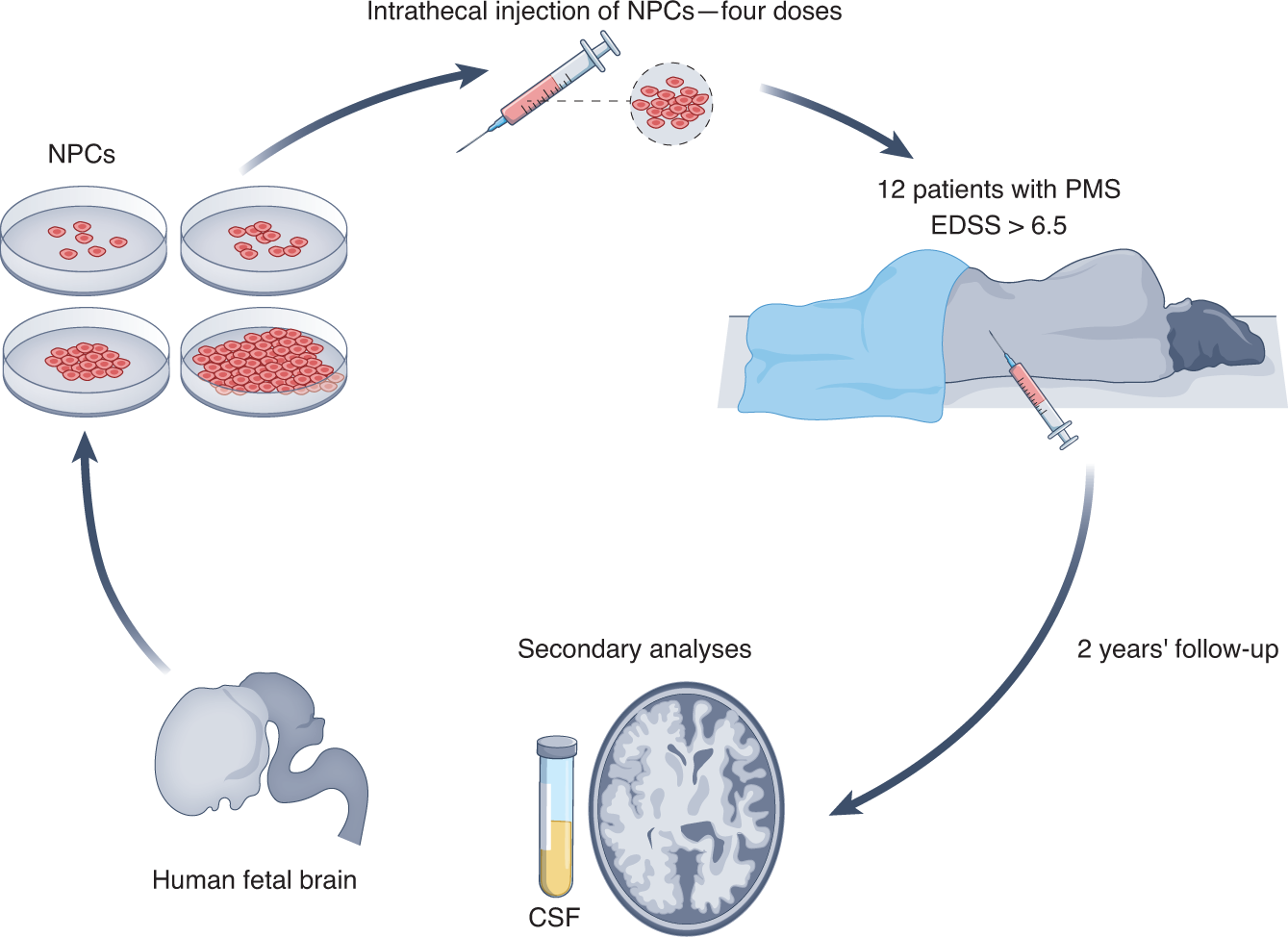Regenerative Medicine For Multiple Sclerosis Fundamentals Explained
Table of ContentsThe Definitive Guide to Regenerative Medicine For Multiple SclerosisEverything about Regenerative Medicine For Multiple SclerosisThe Greatest Guide To Regenerative Medicine For Multiple SclerosisAll About Regenerative Medicine For Multiple SclerosisRegenerative Medicine For Multiple Sclerosis - TruthsHow Regenerative Medicine For Multiple Sclerosis can Save You Time, Stress, and Money.Excitement About Regenerative Medicine For Multiple Sclerosis
The mesenchymal stem cells hair transplanted during stem cell treatment can separate and mature to develop brand-new cells that can fill in the harmed cells of the nervous cells. This may recover neurological functions in clients with this condition. These benefits of stem cell therapy are further sustained by the capacity of MSCs to advertise recovery.People with multiple sclerosis are normally treated with mesenchymal stem cells. These are multipotent stem cells that have the capacity to set apart and mature to create a variety of cell kinds in the body. When hair transplanted, these stem cells can establish to create healthy and balanced afferent neuron thus supporting the regeneration of the broken tissues of the nerve system.
As soon as hair transplanted, the stem cells move to locations of inflammation or damage within the main anxious system (CNS). They are normally drawn in to the websites of injury where the body immune system is attacking the myelin sheath, the protective treatment of nerve fibers. The stem cells work by promoting the repair service and regeneration of harmed myelin, possibly recovering function to influenced nerve cells.
The 8-Minute Rule for Regenerative Medicine For Multiple Sclerosis
Stem Cell Research Study on MS The National Multiple Sclerosis Culture, along with various other organizations, is proactively funding and sustaining study into mesenchymal stem cell therapy for several sclerosis to explore their possible and enhance treatment protocols. The goal is to establish much safer and much more efficient methods to utilize stem cells in treating MS.
Facts About Regenerative Medicine For Multiple Sclerosis Uncovered
Here are below from patients of the Swiss Medica clinic. The person traveled from Romania seeking treatment for MS after listening to positive feedback about stem cell treatment for the disease.
Get a free online examination to learn how stem cells will certainly function for your case, and what are the period and price of the therapy. Uccelli, A., Laroni, A., Brundin, L., Clanet, M., Fernandez, O., Nabavi, S. M. Regenerative Medicine for Multiple Sclerosis., Muraro, P. A., Oliveri, R. S., Radue, E. W., Sellner, J., Soelberg Sorensen, P., Sormani, M. P., Wuerfel, J. T., Battaglia, M
Stem cells are cells in the body that can mature into grow cells that serve an offer functionCertain There are two major types of stem cells: beginning stem cells and grown-up stem cells.
are discovered in some grown-up cells and body organs including the bone marrow, skin, blood, and brain. Grown-up stem cells are not as adaptable as beginning stem cells and are for that reason a lot more restricted in regards to the sorts of cells they develop into. The one-of-a-kind residential properties of stem cells offer assurance for new treatments that can slow/halt MS disease task and repair cells damage in the central nerves.
The 15-Second Trick For Regenerative Medicine For Multiple Sclerosis

The treatment involves gathering stem cells from a person's own (autologous) bone marrow. The person is then treated with radiation treatment to diminish the body immune system and stem cells are reintroduced into Learn More the body where they mature into new, healthy immune cells - Regenerative Medicine for Multiple Sclerosis. Stem cells can be infused right into the body in various ways

In 2000, the MS Culture of Canada and MS Scientific Research study Foundation moneyed a medical test entailing HSC transplants, led by Drs. Mark Freedman and Harry Atkins from the Ottawa Medical Facility Research Study Institute/University of Ottawa. The aHSC therapy readily available in Canada is a therapy that uses high-dose chemotherapy, likewise called conditioning.

The Ultimate Guide To Regenerative Medicine For Multiple Sclerosis
Neural stem cells (NSC) are discovered in the brain and can grow into different kinds of mind cells including nerve cells, oligodendrocytes, and astrocytes. NSCs may serve to fix or shield the brain and regulate the body immune system. Early scientific trials in non-human primates showed that treatment with NSCs profited the development of MS-like disease in animal models.
The results from these safety and security studies declare for future stem cell and regenerative medicine treatments in MS. Future clinical trials (phase 2 and 3) with larger varieties of participants and controls are required to assess the effectiveness of this straight from the source treatment for MS. As shown by the examples over, there is a large variety of study occurring that will certainly provide added answers about using stem cells to deal with MS.
Stem cell treatment is thought about secure, but, like any type of medical procedure, it carries some risks, such as short-lived swelling or discomfort at the injection website. Nevertheless, serious negative effects are uncommon when done by qualified experts.
Regenerative Medicine For Multiple Sclerosis Fundamentals Explained
Several sclerosis (MS) is a chronic condition of the central anxious system that affects the brain and spine. It is identified by the destruction of myelin, a substance that covers nerve fibers, causing disturbances in interaction in between the brain et cetera of the body. Symptoms can differ extensively and include muscle weak point, vision issues, imbalance, and exhaustion.
Several sclerosis is defined by the body immune system wrongly striking the safety sheath (myelin) that covers nerve fibers, causing communication problems in between the mind et cetera of the body. The disease can cause the damage or long-term damages of nerves. Signs and symptoms differ widely among patients and can include exhaustion, mobility concerns, pain, and cognitive changes.